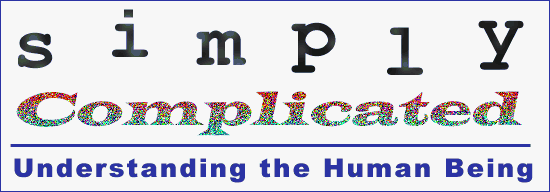11/12/09
RELEVANT EXPRESSIONS
WHICH EXPRESSIONS OF THE FILM STICK YOUR MIND ? WHY?
DO YOU AGREE WITH THEM ?
WRITE THEM DOWN AND ANALYZE THEIR MEANING.
LOOK FOR DIFFERENT IDIOMS IN ENGLISH AND TRANSLATE THEM INTO SPANISH. EACH GROUP HAS TO CHOOSE FIVE LETTERS OF THE ALPHABET AND WRITE DOWN FIVE IDIOMS OF EACH LETTER.
DO YOU AGREE WITH THEM ?
WRITE THEM DOWN AND ANALYZE THEIR MEANING.
LOOK FOR DIFFERENT IDIOMS IN ENGLISH AND TRANSLATE THEM INTO SPANISH. EACH GROUP HAS TO CHOOSE FIVE LETTERS OF THE ALPHABET AND WRITE DOWN FIVE IDIOMS OF EACH LETTER.
DEAD POETS SOCIETY CHARACTERS
Describe each of the following characters of the film:
- JOHN KEATING:
- NEIL PERRY:
- TODD ANDERSON:
- CHARLIE DALTON :
- RICHARD CAMERON:
- STEVE MEEKS :
- GERARD PITTS:
- MR. NOLAN:
- MR. PERRY:
- JOHN KEATING:
- NEIL PERRY:
- TODD ANDERSON:
- CHARLIE DALTON :
- RICHARD CAMERON:
- STEVE MEEKS :
- GERARD PITTS:
- MR. NOLAN:
- MR. PERRY:
10/22/09
DEAD POETS SOCIETY
10/9/09
HUMAN RIGTHS
Let´s see all the videos on the left of the screen about Human rights and coment your ideas about them .
9/18/09
9/17/09
WELCOME TO OUR BLOG

Welcome to the BLOG of ETHICS called BE SOLIDARY . This blog was born during the last term of the previous course 2008_09 and now it needs to grow up . In order to do that we are going to work together and deal with many definitions , ideas , up- to-date events and problems and so on.
Let´s start by defining same basic notions such as :
Ethics, Morality , Freedom , Motivation, Will...
TASK:
The students from 4º ESO have to make five groups of three members and have to search for the definitions on the Internent. Each group has to find a name to identify them.
3/20/09
RELIGIOUS WARS-THE ISRAELI-PALESTINE CONFLICT



As we know , there were and there are a lot of conflicts all over the world caused by religious differences . One of the most widely known is the Israeli-Palestine conflict. We are going to analyze the birth of the conflict , its evolution and the present situation . If you click on the title " Religious Wars" , you will find out a lot of information about it .
TASKS
Each group has to do the following activities:
1º- Explain how this religious conflict began and how it is now.
2º- Look for another religious wars all over the world.
http://www.google.com
2º- Look for another religious wars all over the world.
http://www.google.com
Different religions of the world

Welcome to our blog. As you can see our blog is baptized as " be solidary" , you should be familiarized with it because we are going to work on it for the rest of the course.
After this brief introduction , we are going to start analyzing the different religions in the world and the wars that began because of them.
Press on the title " Different religions of the world" to find information about the variety of religious beliefs all over the world.
Your task is going to consist on analysing each of the religions and explain the main characteristics of each one . In order to do it in a more motivated way , you should work in groups and explain them to rest of the class . After, you should add your exposition to our blog.
The group distribution is the following one:
María , Noelia and Elías are going to explain Islam.
Denis , Diego and Tomás are going to explain Judaism.
Lorena. Aroa and Verónica are going to explain Buddhism.
Olalla, Tania Paredes and Nelson are going to explain Animism.
Chus, Tania Pérez and Samuel are going to explain Christianity.
Araisa, Angela, Alicia and Elvira are going to explain Hinduism.
http://www.google.com
Subscribe to:
Posts (Atom)

